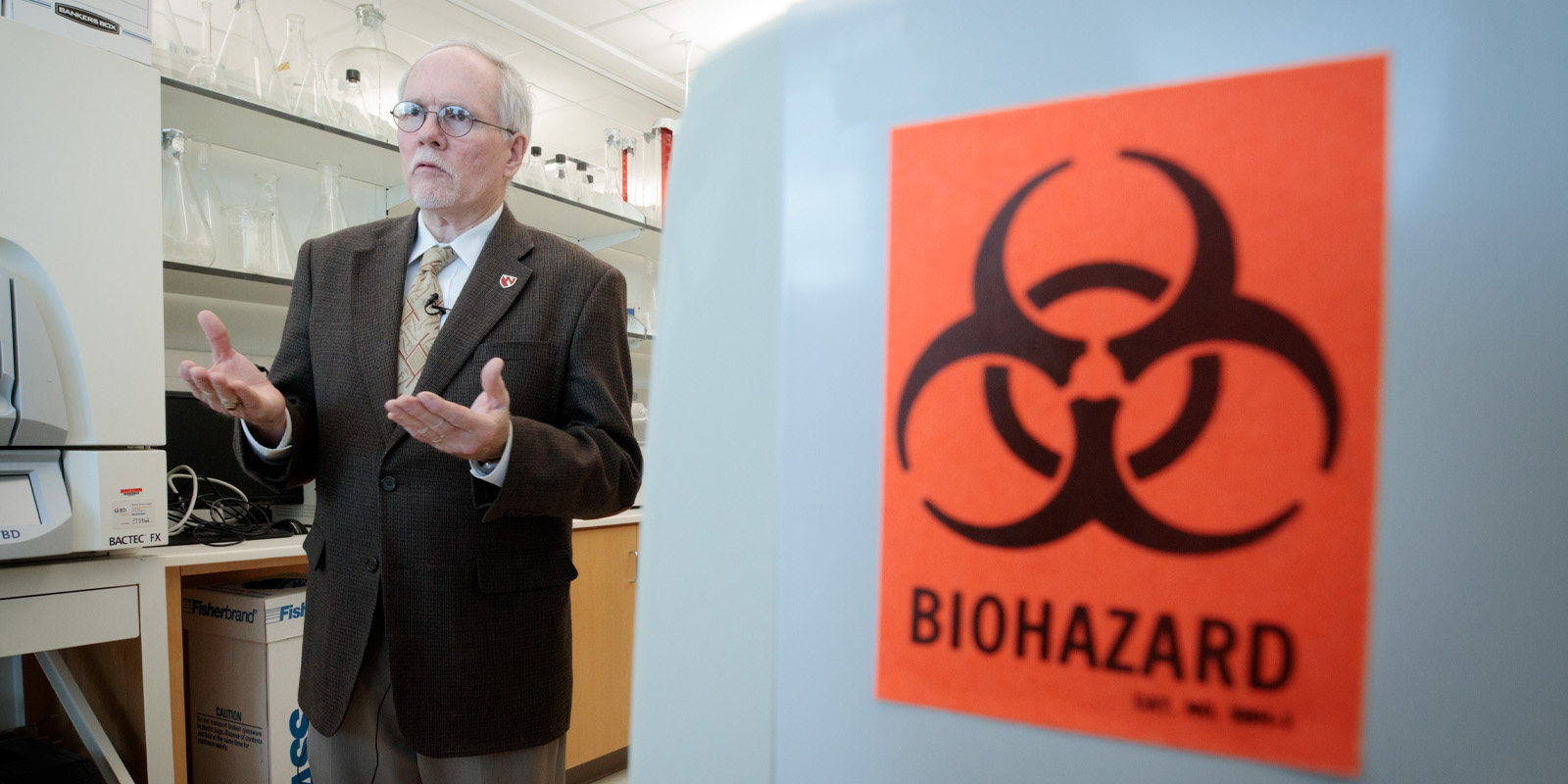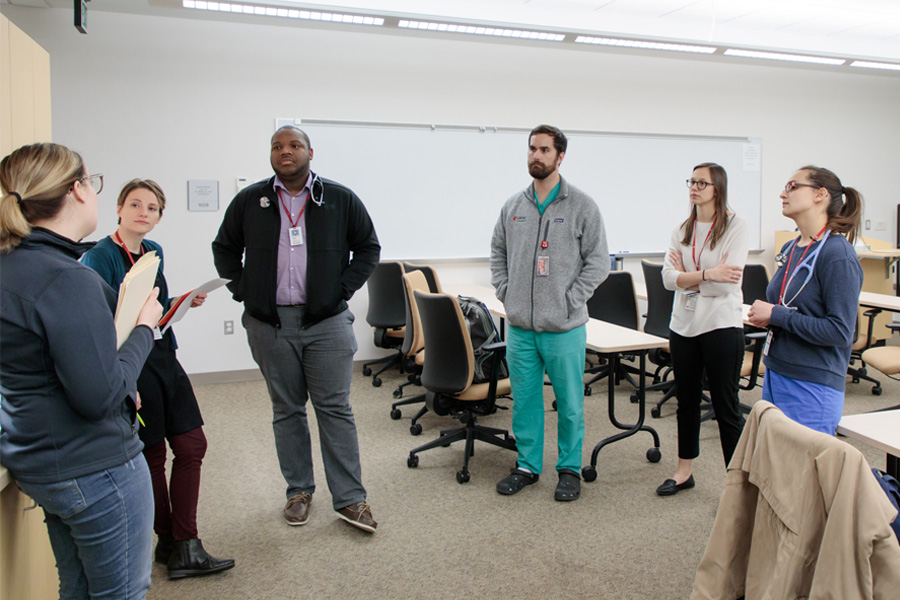PhD in Environmental Health, Occupational Health & Toxicology
Develop abilities to address scientific problems in the fields of environmental health, ecological health, occupational health and safety, and toxicology.

Why Study Environmental Health, Occupational Health & Toxicology?
- Research degree centered on a significant dissertation research project within a broad public health context.
- Become an independent researcher and public health professional in academia, research institutions, government agencies, or industry.
- Broad and interdisciplinary knowledge base for addressing scientific problems in environmental health, occupational health and safety, climate change and human health, and toxicology
The Ph.D. in Environmental and Occupational Health and Toxicology is an advanced research degree that prepares students to perform scientifically rigorous research in addressing some of the most challenging problems in environmental health, occupational health and safety, and toxicology. The program curriculum and research experiences equip students with the expertise in powerful analytical and quantitative tools, field or laboratory skills, and problem-solving abilities to become independent, innovative researchers and public health professionals in academia, research institutions, government agencies, or industry. Students take a core set of 5 courses that establish a foundation in Environmental and Occupational Health. The student will tailor their curriculum by choosing electives that provide them with the knowledge base to succeed in their specific field of interest. The time to program completion may vary depending upon individual students, but they should expect two years to complete coursework and another three years to complete research and dissertation.
Why Study Environmental Health, Occupational Health & Toxicology at UNMC?
The Environmental, Agricultural, and Occupational Health Department at UNMC is at the forefront of critical global challenges, focusing on rural and agricultural health and safety, biopreparedness/biodefense, occupational exposure risk assessment, and the health impacts of climate change. You'll have access to state-of-the-art facilities that include research laboratories in the Durham Research Center for advanced respiratory exposure studies and the Davis Global Center/iEXCEL facility for studying procedures and processes related to infectious disease preparedness.
Work alongside nationally recognized faculty mentors engaged in groundbreaking, multidisciplinary research and benefit from real-world experiences in off-site research, policy-making, and public engagement. Our program also emphasizes independent research and grant writing, empowering you to make a meaningful impact in your field. Join us and become a leader in addressing the pressing environmental and occupational health challenges of our time.
Program Snapshot
Program Highlights
- High demand career field
- Small cohort size
- Great faculty-to-student ratio with many experienced educators and researchers.
- No GRE requirement
- Several federally-funded and philanthropic research centers
Related Programs
Students interested in this program may wish to explore:


